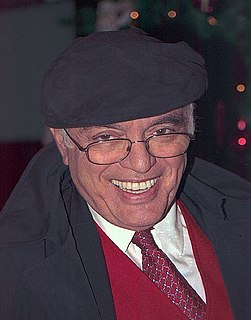A Quote by Waka Flocka Flame
Related Quotes
I can't imagine that I would be asked that by the president-elect [Donald Trump], or then-president [Barack Obama]. But it's - I'm very clear. I voted for the change that put the Army Field Manual in place as a member of Congress. I understand that law very, very quickly and am also deeply aware that any changes to that will come through Congress and the president.
Our president delivered his State of the Union message to Congress. That is one of the things his contract calls for -- to tell congress the condition of the country. This message, as I say, is to Congress. The rest of the people know the condition of the country, for they live in it, but Congress has no idea what is going on in America, so the president has to tell 'em.
Normally what happens in a new presidency is the president has a big agenda, and Congress is full of people with human weaknesses. And so the president indulges the human weaknesses of members of Congress in order to pass his agenda. This time it's the other way around. Donald Trump does not have much of an agenda. Congress burns with this intense Republican agenda and so does Congress that has to put up with the human weaknesses of the president in order to get a signature on the things it desperately wants to pass.
Let me make it clear that I do not assert that a President and the Congress must on all points agree with each other at all times. Many times in history there has been complete disagreement between the two branches of the Government, and in these disagreements sometimes the Congress has won and sometimes the President has won. But during the Administration of the present President we have had neither agreement nor a clear-cut battle.
With nearly two years remaining in his presidency, George W. Bush is alone. In half a century, I have not seen a president so isolated from his own party in Congress - not Jimmy Carter, not even Richard Nixon as he faced impeachment. Republicans in Congress do not trust their president to protect them.
President's personal staff has a unique role. They're his intimate personal advisers, and the tradition and the precedent has been, even when I was national security adviser, that people in that position do not testify before the Congress. They talk to the Congress. They have meetings with the Congress.



































